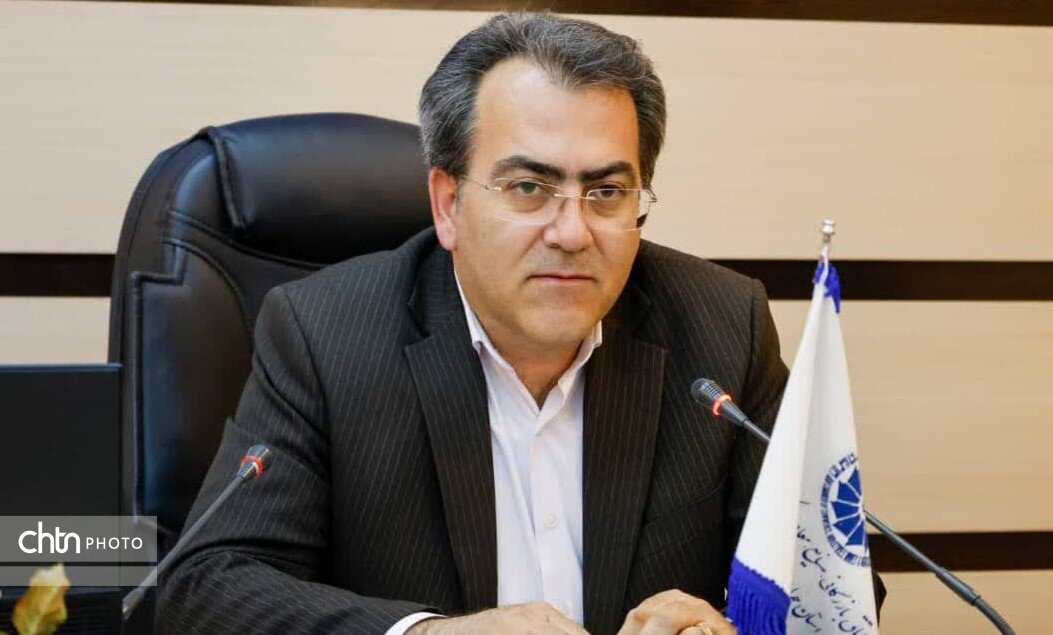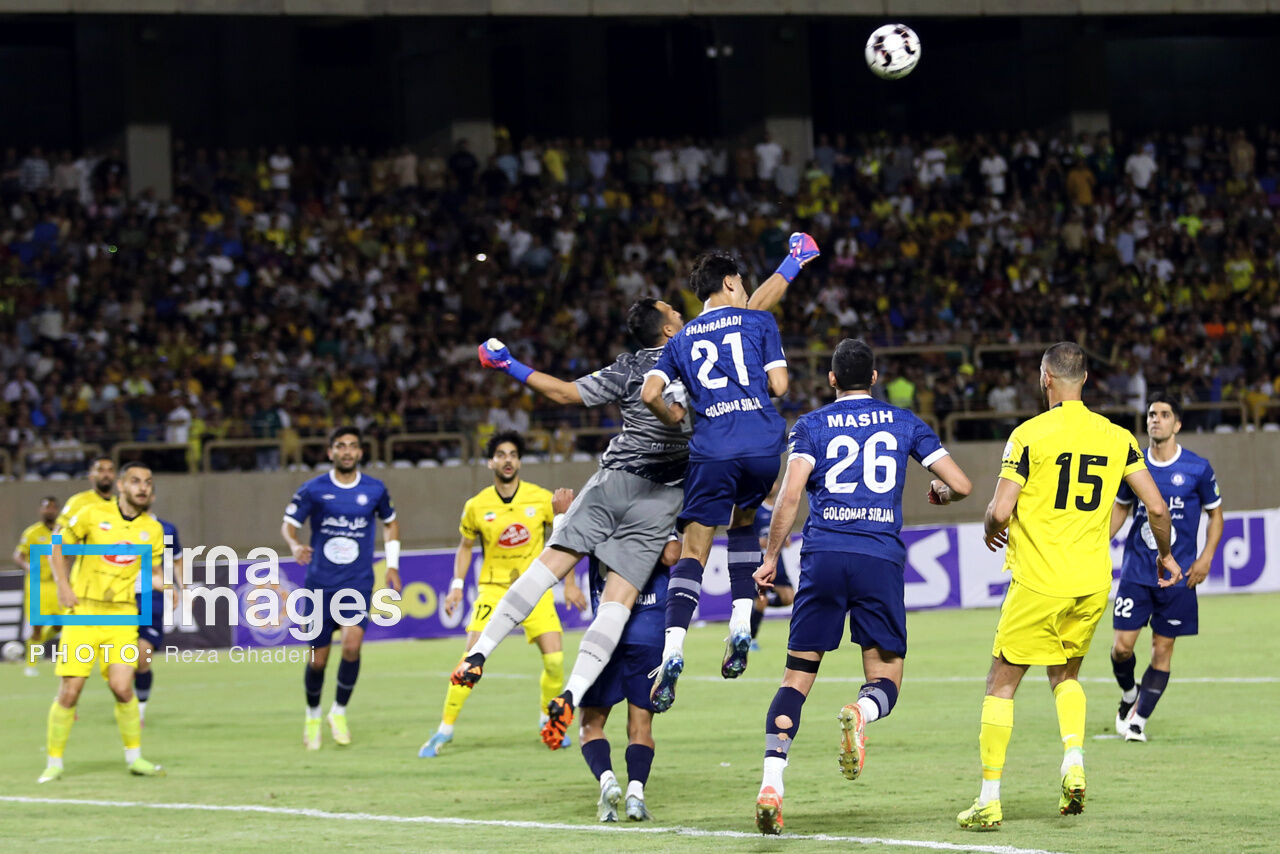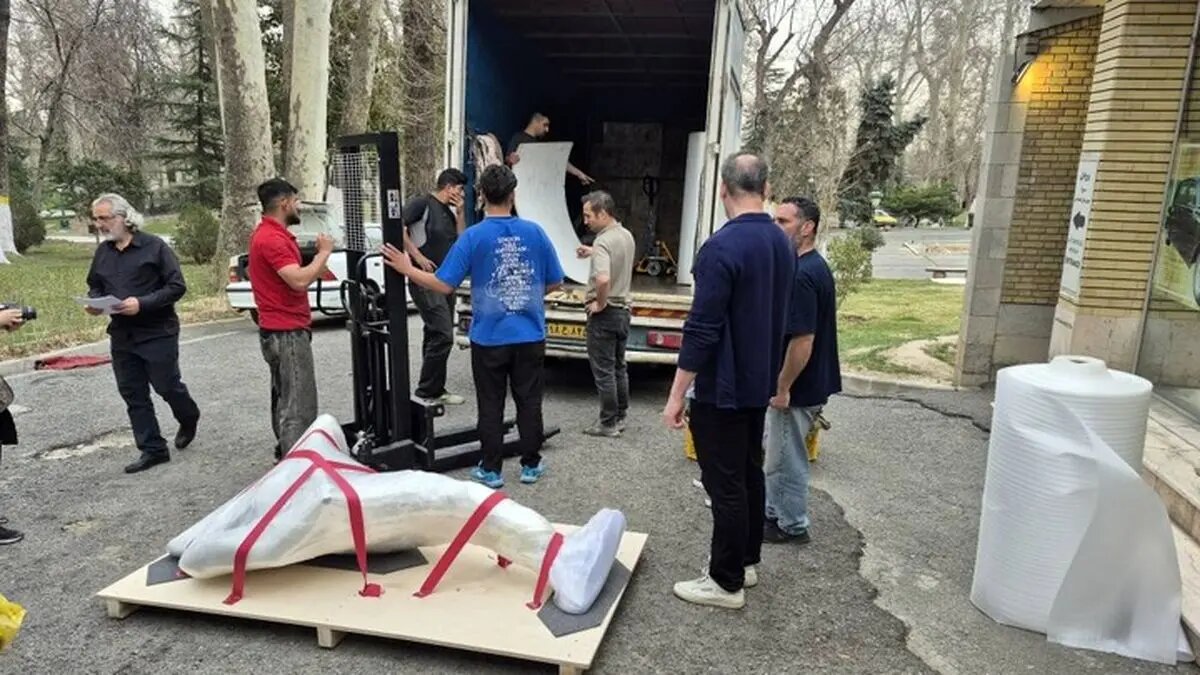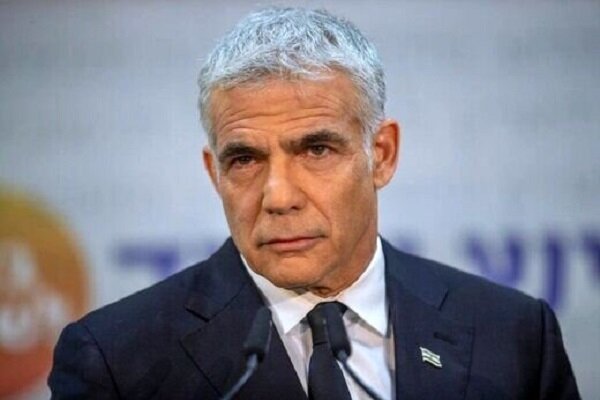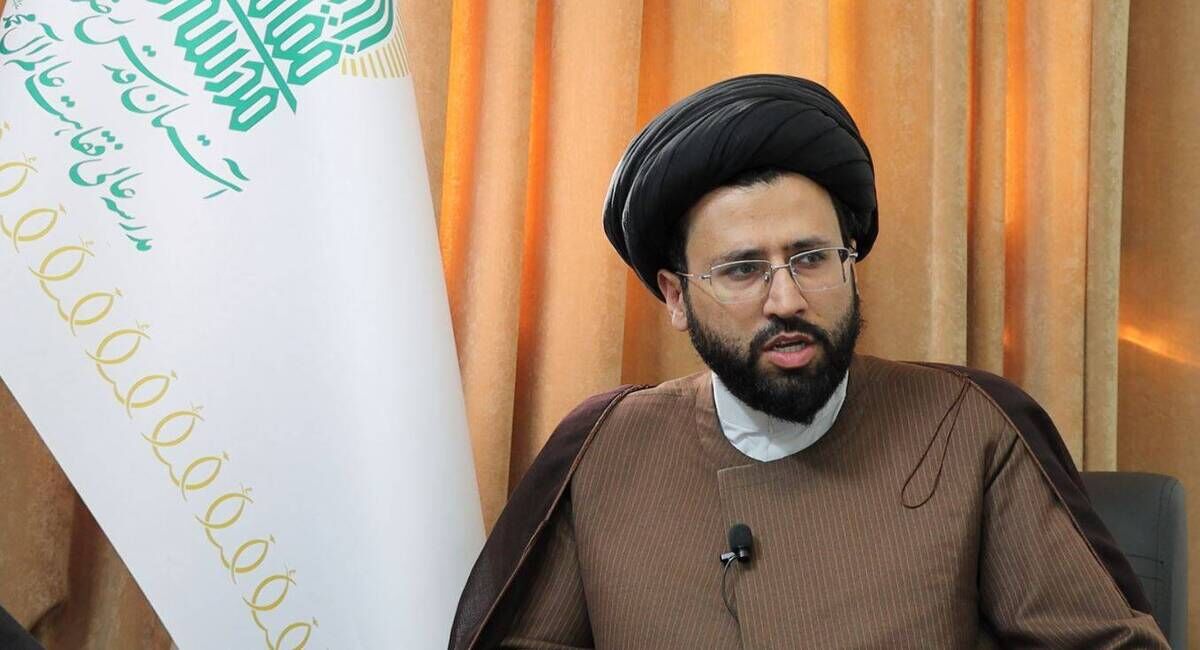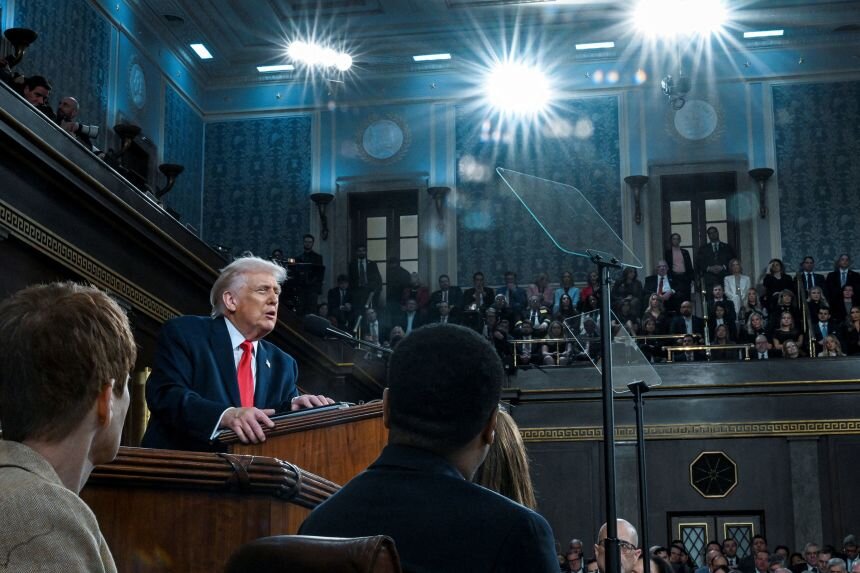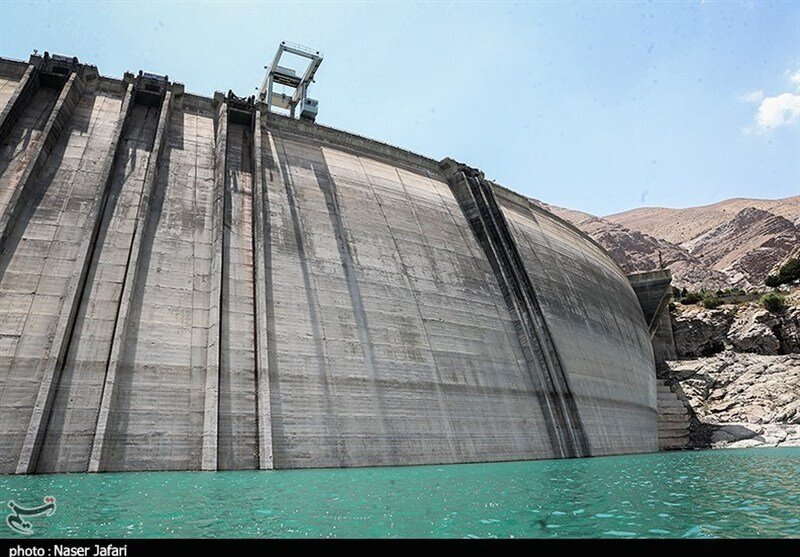UN General Assembly 2025: Which Middle East leaders are speaking and when?
UN General Assembly 2025: Which Middle East leaders are speaking and when?

World leaders are gathering in New York this week for the annual United Nations General Assembly (UNGA) general debate.
It's the 80th year of the gathering, and it comes at a difficult time for the organisation, with wars raging globally and a budget crisis internally.
More than 150 heads of state and government will take the podium at the UNGA, but the agenda among heads of state from the Middle East will likely to be focused on Israel's genocide in Gaza and its persistent attacks against its neighbours and regional foes.
No gathering in world politics attracts more heavyweights during its first week.
On Tuesday, US President Donald Trump is expected to outline his "vision for the world" and will also "touch upon how globalist institutions have significantly decayed the world order."
The General Assembly will also hear from Turkish President Recep Tayyip Erdogan, in addition to leaders from Jordan, Qatar and Egypt.
The General Assembly is a core component of the UN with manifold duties, including overseeing voting for new members, choosing non-permanent members of the UN Security Council and playing a part in electing the UN secretary general.
It also gives observer status to non-member states and blocs including Palestine and the European Union, whose speakers can address the assembly.
What's happening this week?
The theme for this year's General Assembly debate is: "Better together: 80 years and more for peace, development and human rights."
But don't expect world leaders to stick to the theme. Most leaders from across the Middle East will promote whatever international issue is at the top of the agenda for their country.
Many speakers will not stick to the allotted 15-minute time slot. Frequently they go over that time limit, although no one will likely beat the performance of the late Cuban leader, Fidel Castro, who clocked up an impressive four hours in September 1960.
What's the schedule?
Morning debating sessions run from 9 am EST (that's four hours behind GMT) until 2:45pm. The afternoon session begins at 3pm and ends at 9pm. You can catch live coverage here. An archive of speeches so far this week is being updated onto the United Nations website and a full list of speakers will be updated here.
World leaders have complicated lives, so the running order below may change, especially if, as mentioned above, speakers go over their time.
The position in brackets refers to where in the order of each session the speaker is due to take to the podium.
Tuesday 24 September
Full coverage of speeches, including video.
Morning (9am EST - 2:45pm EST)
- US President Donald Trump (4th)
- Indonesian President Prabowo Subianto (5th)
- Turkish President Recep Tayyip Erdogan (6th)
- Jordan's King Abdullah II (8th)
- Qatar's Emir Sheikh Tamim bin Hamad al-Thani (10th)
- South African President Cyril Ramaphosa (17th)
Afternoon (3pm EST - 9pm EST)
- Lebanese President Joseph Aoun (5th)
- French President Emmanuel Macron (6th)
- Iraqi President Jamal Rashid (15th)
Wednesday 25 September
Iranian President Masoud Pezeshkian is expected to speak as is Syria's new President Ahmed al-Sharaa.
Thursday 26 September
Palestinian Authority President Mahmoud Abbas is expected to speak virtually after the Trump administration denied Palestinian officials visas.
Also expected to speak is Sudanese Prime Minister Kamil Idris.
Friday 27 September
Israeli Prime Minister Benjamin Netanyahu is expected to start off the speeches and will be followed by Chinese Premier Li Qiang, UK Prime Minister Keir Starmer and India's minister of external affairs, S. Jaishankar.
Saturday 28 September
Canadian Prime Minister Mark Carney will begin the day's speeches and he will be followed by Russia's foreign minister Sergey Lavrov.
Monday 30 September
Representatives of Afghanistan, where the Taliban returned to power four years ago, and South Sudan are due to speak.




_5.jpg)
